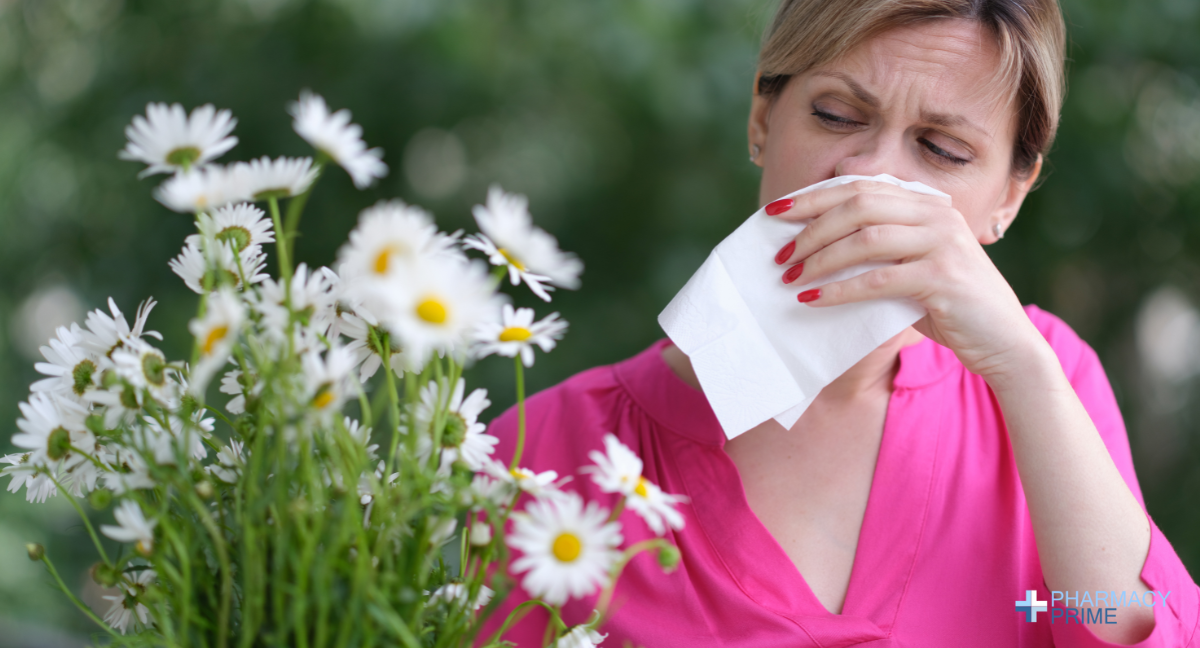Hay fever is a type of allergy that is caused by pollen, and it affects millions of people worldwide. It is a common condition that can be triggered by different types of pollen, including tree, grass, and weed pollen. Despite the prevalence of hay fever, there are still many myths about the condition that need to be debunked. In this article, we will address some of the most common hay fever myths and provide accurate information to help you manage the symptoms of hay fever.
Myth 1: Hay fever is caused by hay
One of the most persistent myths about hay fever is that it is caused by hay. However, this is not true. The name "hay fever" is a misnomer, as the condition is not caused by hay, but by pollen. In fact, hay itself is not a significant allergen, and you can have hay fever without ever coming into contact with hay.
Myth 2: You can outgrow hay fever
Another common myth is that you can outgrow hay fever. While it is true that some children may grow out of hay fever, many people will have the condition for their entire lives. In some cases, hay fever may become less severe over time, but it is unlikely to go away completely.
Myth 3: Hay fever only occurs in warm weather
Many people believe that hay fever only occurs in warm weather, but this is not true. While pollen levels tend to be higher in warm weather, hay fever can occur at any time of the year, depending on the type of pollen that triggers your allergy. For example, tree pollen is more common in the spring, while grass pollen is more common in the summer.
Myth 4: Antihistamines always make you drowsy
Another myth about hay fever is that all antihistamines make you drowsy. While some older antihistamines can cause drowsiness, many newer antihistamines are non-drowsy. It is important to read the label and talk to your pharmacist or doctor to find the right antihistamine for you.
Myth 5: You can't get hay fever when it rains
Many people believe that hay fever is only a problem on dry, sunny days, but this is not true. Rain can actually make hay fever symptoms worse, as it can cause pollen to burst and spread more easily. Thunderstorms can be particularly problematic for hay fever sufferers, as they can cause a sudden surge in pollen levels.
Myth 6: Hay fever is not a serious condition
Some people believe that hay fever is a minor condition that does not require treatment. However, hay fever can be a serious condition that can significantly impact your quality of life. Untreated hay fever can lead to complications such as sinus infections and asthma attacks.
Myth 7: You can't exercise if you have hay fever
Many people believe that they can't exercise if they have hay fever, but this is not true. Regular exercise can actually help to reduce the symptoms of hay fever. It is important to choose the right time to exercise, such as early in the morning or in the evening, when pollen levels are lower.
Managing hay fever
If you have hay fever, there are several things you can do to manage your symptoms. These include:
- Taking antihistamines or other medications as directed by your doctor
- Avoiding pollen by staying indoors during peak pollen times and keeping windows and doors closed
- Using an air purifier or air conditioning to filter pollen from the air
- Wearing sunglasses to protect your eyes from pollen
- Using a saline nasal spray or rinse to clear pollen from your nasal passages
- Taking a shower and washing your clothes after spending time outdoors

